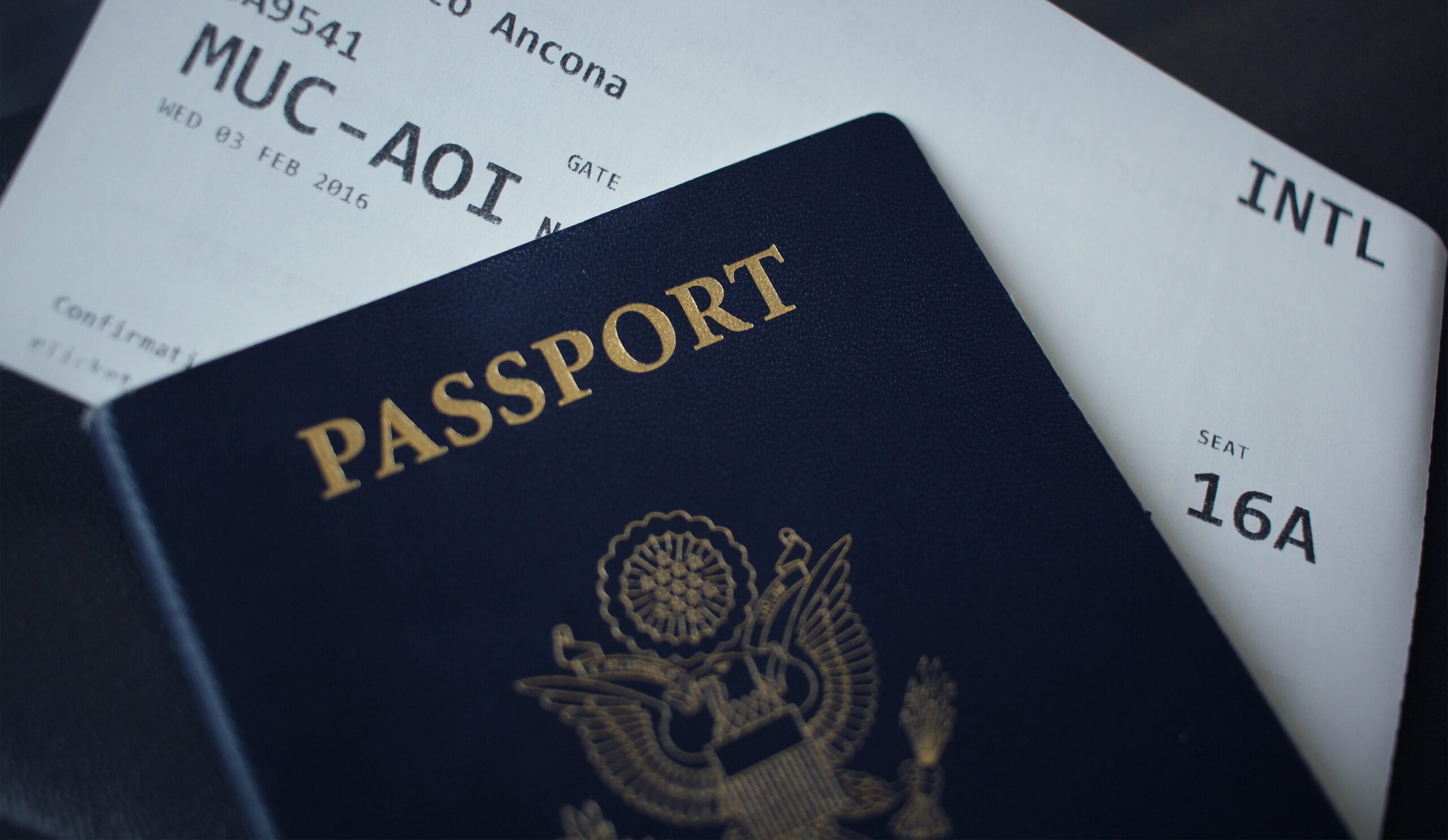
Child support in Australia is governed by the Child Support (Assessment) Act 1989 (Cth) (‘the Assessment Act’), and is administered, collected and enforced by the Child Support Agency (‘CSA’).
There are two types of private Child Support Agreements that can be entered into which fall outside of the usual process of child support being assessed through the CSA. They are Limited Child Support Agreements and Binding Child Support Agreements. Both agreements are in writing however each has different features and implications by law. This article will focus on Binding Child Support Agreements (‘BCSA’).
What is a Binding Child Support Agreement?
- A BCSA is a written agreement entered into between parents which prescribes how child support will be paid as between parents (other than as assessed by the CSA).
- Both parties to a BCSA must receive independent legal advice (evidenced by a signed Certificate from their legal representative) as to the effect of the BCSA on their rights and the advantages and disadvantages to them at the time of entering into the BCSA.
- A BCSA can be registered with the Child Support Agency, and child support payable under Child Support Agreements can be collected through, and with the assistance of, the CSA, if necessary.
- In order for a Child Support Agreement to be registrable with the CSA, the Child Support Agreement must comply with the requirements set out in the Assessment Act.
Once a BCSA is in place, it cannot be varied (s80CA of the Assessment Act). To change a BCSA, the agreement must be terminated and replaced with a new BCSA. It can only be ended if a terminating event (as per the BCSA) occurs, or it is:
- Terminated through the parents entering into a Termination Agreement or a further BCSA; or
- Set aside by way of a Court Order. The Court is likely to be very reluctant to depart from the terms of a BCSA, and the grounds upon which it can set aside a BCSA are very limited. Section 136 of the Assessment Act provides that if a party has applied to a Court of competent jurisdiction to set aside a BCSA, the Court may set that BCSA aside if the Court is satisfied that:
- a. The parties’ Agreement was obtained by fraud or a failure to disclose material information; or
b. that another party to the Agreement, or someone acting for another party:
i. exerted undue influence or duress in obtaining the Agreement; or
ii. engaged in unconscionable or other conduct;
iii. to such an extent that it would be unjust not to set aside the Agreement; or
c. in the case of a BCSA – that because of exceptional circumstances, relating to a party to the Agreement or a child in respect of whom the Agreement is made, that have arisen since the Agreement was made, the applicant or the child will suffer hardship if the Agreement is not set aside. The threshold for what amounts to a change in circumstances is high, and the applicant must prove that because of those exceptional circumstances, the applicant or the child will suffer hardship if the BCSA is not set aside.
Section 84(5) of the Assessment Act also states that a document that forms a property division order, parenting plan, maintenance agreement or financial agreement under the Family Law Act 1975 (Cth), can also be a BCSA for child support purposes if it complies with the necessary requirements in the Assessment Act, being s80C and 82 to 85 inclusive.
Our team of experienced and professional Family Lawyers can advise you on a Binding Child Support Agreement.
Fill out the form below to contact our team and one of our Specialised Family Lawyers will call you back to arrange a time to discuss this in more detail.
Related Articles
What are “the best interests of the child”?
In a family law setting, all parenting decisions must be made in accordance with what is deemed to be in the child’s best…
Can I travel overseas with my children?
If you are considering travelling overseas with children involved in a separation, you will need to get written consent from…
Who is a parent?
It is important to know who is legally considered the parent of your child, as this determines who has parental…
The articles on this website comprise legal general information and not legal advice. The general information presented here must not be relied upon without legal advice being sought. In the event that you wish to obtain legal advice on the contents of this general information you may do so by contacting our office or your existing solicitor.




